What is Alma Therapy?
Alma Therapy is a holistic approach to mental health and wellness that integrates traditional therapeutic techniques with mindfulness, spiritual practices, and alternative healing methods. The term "alma" means "soul" in several languages, reflecting the therapy's focus on healing the mind, body, and soul. This approach aims to provide a comprehensive and personalized path to well-being.
Key Components of Alma Therapy
1. Traditional Therapeutic Techniques
Alma Therapy incorporates evidence-based therapeutic practices such as:
Cognitive Behavioral Therapy (CBT): Focuses on identifying and changing negative thought patterns and behaviors.
Dialectical Behavior Therapy (DBT): Emphasizes mindfulness, emotional regulation, and interpersonal effectiveness.
Psychodynamic Therapy: Explores the influence of the past on present behavior and emotions.
2. Mindfulness and Meditation
Mindfulness practices are integral to Alma Therapy. These techniques help individuals stay present, reduce stress, and enhance self-awareness. Common practices include:
Mindfulness Meditation: Regular meditation sessions to cultivate awareness and acceptance.
Breathwork: Techniques to control breathing, which can help manage anxiety and improve emotional regulation.
3. Spiritual and Alternative Practices
Alma Therapy often includes spiritual and alternative healing practices such as:
Energy Healing: Practices like Reiki or Healing Touch that aim to balance the body's energy fields.
Yoga: Incorporates physical postures, breathing exercises, and meditation to promote holistic health.
Nature Therapy: Uses outdoor activities and nature immersion to enhance mental and physical well-being.
4. Personalized Treatment Plans
Alma Therapy emphasizes personalized care tailored to the individual’s unique needs and preferences. This might include:
Holistic Assessments: Comprehensive evaluations that consider mental, emotional, physical, and spiritual health.
Integrative Approaches: Combining different therapeutic modalities to create a customized treatment plan.
Benefits of Alma Therapy
Holistic Healing
Alma Therapy addresses the interconnectedness of mind, body, and soul, promoting overall wellness and balance. It helps individuals achieve a deeper understanding of themselves and their place in the world.
Enhanced Emotional Regulation
Through mindfulness and meditation practices, clients learn to manage their emotions more effectively, reducing anxiety, depression, and stress.
Improved Mental Clarity
Spiritual and alternative practices can help clear mental blockages, leading to improved focus, clarity, and decision-making abilities.
Stronger Mind-Body Connection
Practices like yoga and energy healing foster a stronger connection between the mind and body, enhancing overall health and resilience.
Who Can Benefit from Alma Therapy?
Alma Therapy is suitable for individuals seeking a comprehensive approach to mental health and well-being. It can be particularly beneficial for those who:
Are interested in integrating spiritual or alternative practices into their mental health care.
Seek to address multiple aspects of health, including emotional, physical, and spiritual well-being.
Want to explore holistic and personalized approaches to therapy.
Conclusion: Embracing Holistic Healing with Alma Therapy
Alma Therapy offers a unique and integrative approach to mental health, combining traditional therapeutic techniques with mindfulness, spiritual practices, and alternative healing methods. This holistic therapy aims to heal the mind, body, and soul, providing a comprehensive path to well-being.
If you’re interested in exploring Alma Therapy and seeing how it can benefit you, please contact us at Moriel Mental Health to book an appointment. We work all throughout California and are here to support you on your journey towards holistic healing and self-discovery. At MMH, we are committed to providing the care and guidance you need.

